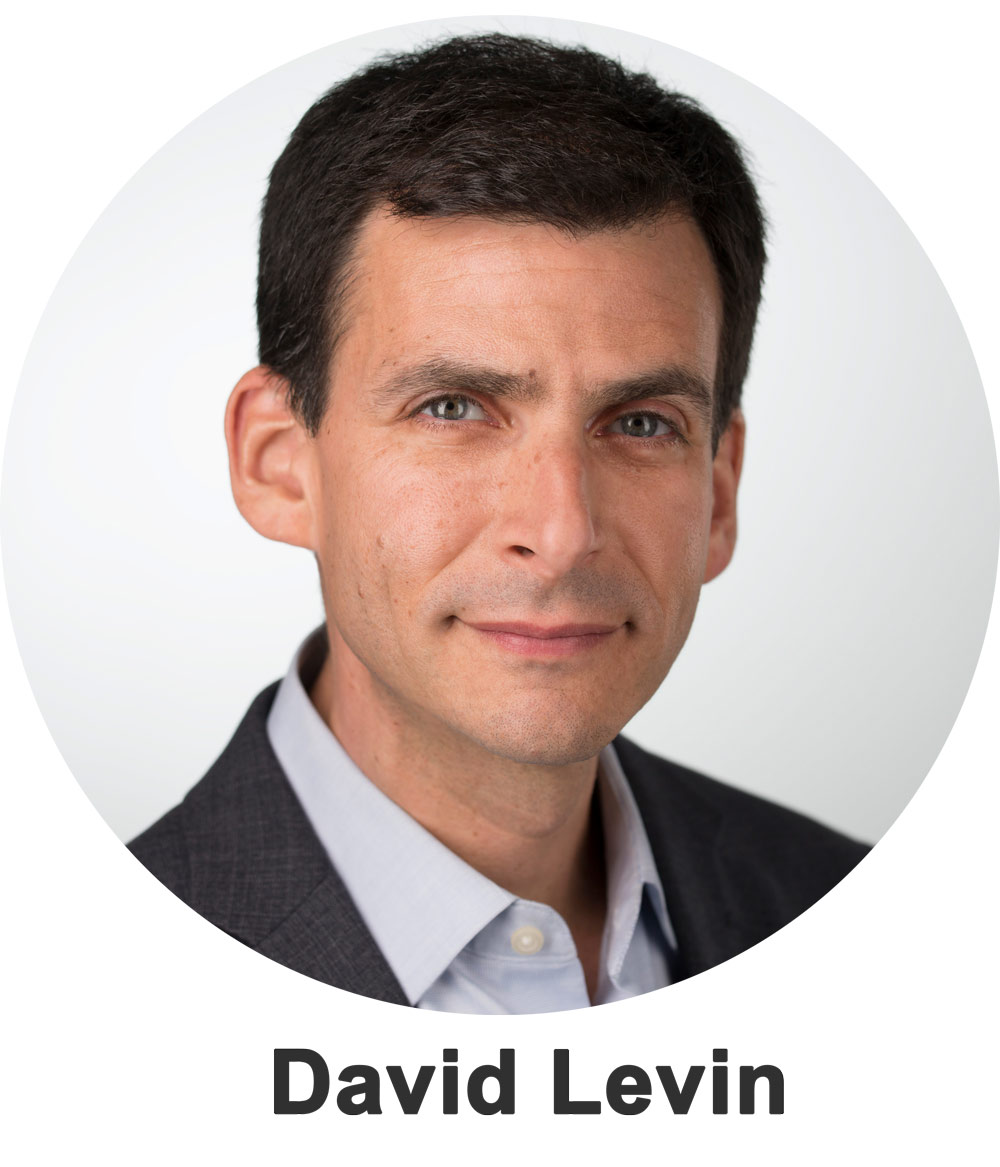Music Licensing in the Digital Age with BMI’s Vice President David Levin

 In 2017, it goes without saying that the way music is experienced and consumed has changed radically over the last few years, with advances in technology regularly changing the playing field. From the perspective of BMI, keeping abreast of the ever-shifting landscape in the digital age has been a vital initiative. With so many new apps, platforms and programs regularly emerging that incorporate music, BMI has been vigilant in staying ahead of the curve to ensure that our songwriters and publishers continue to be compensated for the value they add to these innovative digital enterprises.
In 2017, it goes without saying that the way music is experienced and consumed has changed radically over the last few years, with advances in technology regularly changing the playing field. From the perspective of BMI, keeping abreast of the ever-shifting landscape in the digital age has been a vital initiative. With so many new apps, platforms and programs regularly emerging that incorporate music, BMI has been vigilant in staying ahead of the curve to ensure that our songwriters and publishers continue to be compensated for the value they add to these innovative digital enterprises.
A central figure in that endeavor is BMI’s own David Levin. Levin joined the organization as Vice President of Digital licensing in 2012. In this capacity, he’s been responsible for keeping an eye on the developments and needs of the evolving digital market. Together with his team, Levin has consistently grown BMI’s revenue, culminating in a record-setting year in 2015 as the first U.S. PRO to exceed $100 million in digital. In 2017, meanwhile, with BMI’s total domestic revenue coming in at a record $836 million, digital licensing saw its highest performance to date at $163 million.
We sat down with Levin to get a better handle on the complexities of digital licensing. Here’s what he had to say.
How does music add value to social platforms? Who benefits: the digital/social platform, the artists/songwriters, the fans? Can everyone benefit?
Music is an obvious and valuable component of social media, as it’s one of the greatest forms of self-expression; you want to share your passion for songs and artists because it says something about you and isn’t that what social media is all about? These platforms enable everyday fans to express their love for music with a wider audience than they’ve ever been able to before and it enables artists and songwriters an opportunity to connect directly with those fans in ways and reach they never could historically.
How can a music license create a revenue stream for a digital platform and artists/songwriters? How has streaming changed the “performance royalty”?
Whether subscription or ad supported, digital platforms have a host of business model options to choose from when they want to build a service which includes music or with music at its core. The leaps in both bandwidth and technology over the past decade have changed how fans interact with music; one doesn’t need to own music in the form of a CD or download because they can access it now whenever and wherever they want from a variety of different platforms. A blanket license from BMI enables these platforms to stream any song in our repertoire and ensure the BMI songwriter is compensated for that performance.
What role does BMI play in the changing landscape?
BMI’s mission has always been to make sure songwriters are being fairly compensated by businesses publically performing their music via any distribution method. With changes in consumption it’s BMI’s role to enable new forms of distribution, from radio to broadcast TV to cable TV, satellite radio and now the Internet, we remain dedicated to supporting both these new business models and ensuring fair compensation for our songwriters.
What is BMI doing to make sure songwriters are protected in this evolving landscape? What can songwriters do to promote/protect themselves?
We have a team dedicated to working with Digital businesses, from the largest ones everyone knows to smaller, emerging platforms you’ll be using in the future, many of whom we proactively engage and educate about our songwriter’s performing rights they’re using. Songwriters should make sure they register their works with BMI so we can ensure the fees we collect from all of these new outlets get distributed to the songwriters whose works were performed on them. They should also make sure their mechanical rights are being managed by their publisher or one of the outlets who administer those rights for self-published writers.
What makes you want to work for BMI and on behalf songwriters?
I have been a superfan of music for my entire life. My father was a songwriter and recording artist in a folk act during the heyday of that genre in the 1960s before working at RCA and other outlets in the music industry. Music was omnipresent in our household growing up and was a large part of my identity from the first 7” I bought when I was 10, J. Geils Band’s “Centerfold,” to my first concert at 15, Depeche Mode’s Black Celebration tour, and ever since. After working for music labels for twenty years I feel I’m closer to the creative process at BMI than I’ve ever been as my love for music has always been about the song. As a child of the 80s, when MTV was the arbiter of cool, image was more important than ever before but, for me, it was the melody and the lyrics which attracted me to my favorite artists, and still does.






Community
Connect with BMI & Professional Songwriters